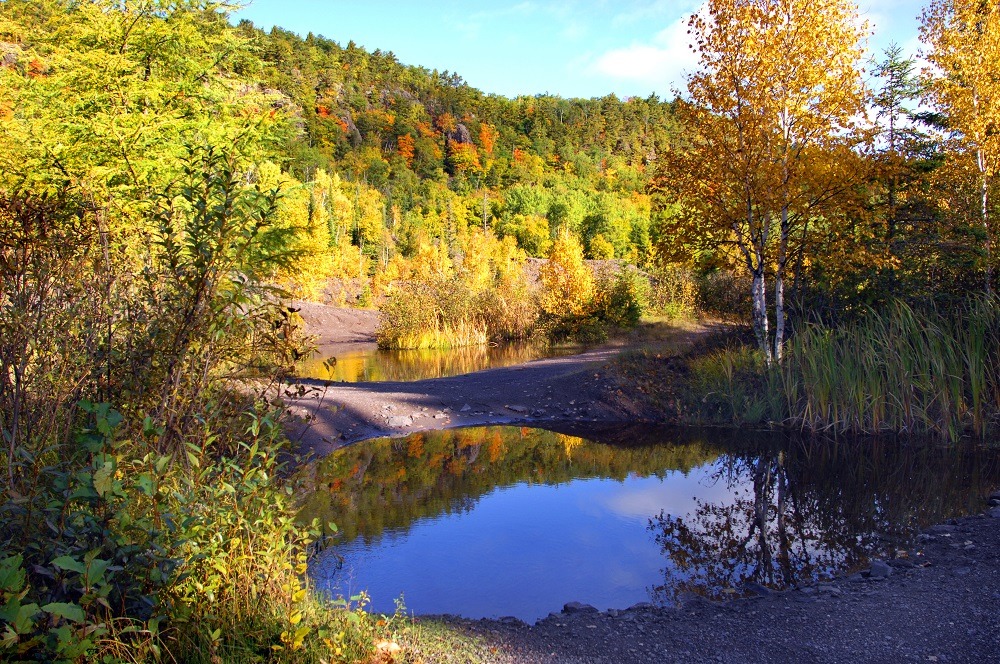The Energy Permitting Reform Act of 2024 promises streamlined permitting reform to aid in the United States’ clean energy transition, but in reality, it sacrifices crucial environmental safeguards and limits community voices for the sake of corporate convenience. This bill, while packaged and sold as a climate solution, would put the nation and globe on a path towards climate catastrophe – and is particularly dangerous for the Great Lakes region.
Not only will there be an expansion in drilling, but the length of drilling permits will be extended to four years, where fossil fuel companies are allowed to sit on their permits and prolong communities’ pollution exposure including spills, leaks, and toxic runoff that can harm crucial freshwater resources in the Great Lakes region. Mining is also set to be expanded on federal lands and the bill allows private corporations to claim thousands of acres of public lands, owned by the people, for toxic mining waste storage. The storage of toxic mining waste increases the risk of acid mine drainage into the Great Lakes, which threatens to destroy biodiversity and pollute 21% of the world’s surface freshwater.
The Reform Act also continues to undermine the clean energy transition, such that renewable energy development comes only at the cost of expanding fossil fuel drilling and development on public lands. While increased access to public lands is being given away to the oil and gas industry, the ability of citizens to have a say in fast-tracked permits is being stifled by the bill. Under the currently proposed legislation, Title I of the bill would shorten the time allowed to file a court challenge to an energy permitting bill from 6 years to 150 days. Judicial review is often the only way communities with fewer resources are able to challenge government agencies and have their voice heard. Yet, these protections could be removed due to the baseless claim that litigation challenges on environmental reviews are often “frivolous”.
While some may approve fast-tracking the implementation of clean energy projects, this broad-sweeping permitting reform legislation has unknown outcomes on communities caught in the crossfire of infrastructure development. Even if the bill claims to promote renewable energy projects and their development, these projects are explicitly tied to the further development of oil and gas projects. We need standalone commitments to renewable energy, not legislation that locks us into further dependence on fossil fuels.
The mastermind behind this legislation is none other than Senator Joe Manchin who is preparing to wrap up his over 40 year career in electoral politics. This bill continues his legacy as a longtime hold out on the nearly $3.5 trillion plan originally known as “Build Back Better,” and an integral player that inserted oil and gas provisions into the expansive Inflation Reduction Act.
The concerns raised by environmental advocates have not halted the movement of this legislation thus far and Senator Manchin has moved swiftly and strategically, advancing the legislation through the chambers. On August 2, 2024, the United States Senate Committee on Energy and Natural Resources conducted a markup of S. 4753, the Energy Permitting Reform Act of 2024, and advanced the legislation on a landslide 15-4 vote. While it is unlikely that the bill will advance to the floor before the November elections, this means we are in a critical time where reaching out to your senator could make a world of difference. You can take action here by sending your senator a thoughtful email with 6 key reasons to vote against the Energy Permitting Reform Act and call your senator with our talking points today!








